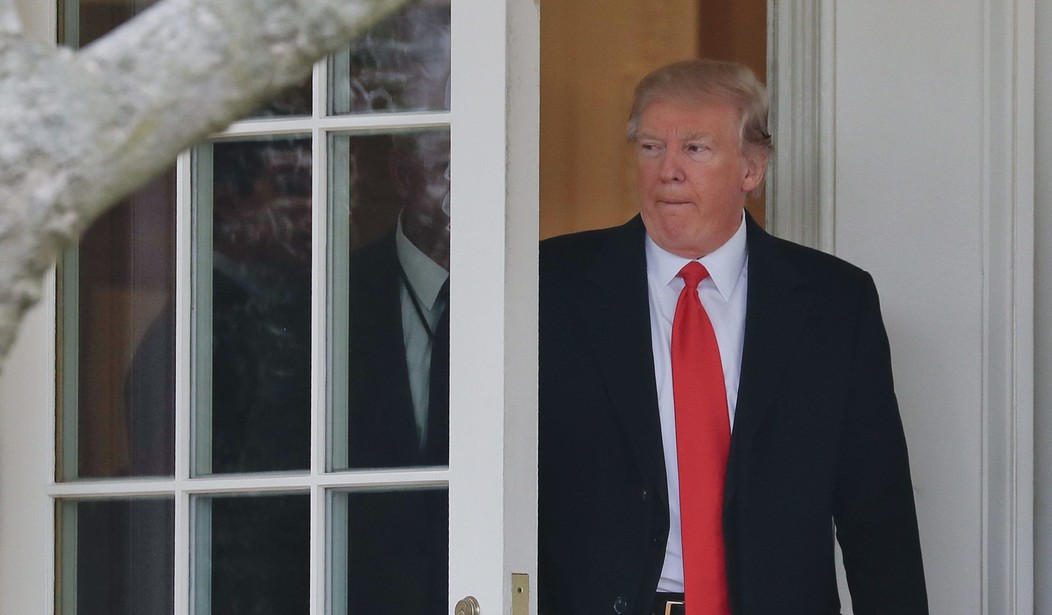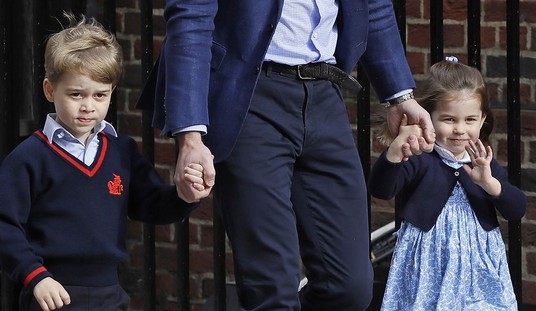On Thursday night, President Donald Trump ordered a strike on Shayrat Airfield in Syria’s Homs province, in retaliation for a sarin gas attack earlier last week. According to a weekend poll, most Americans supported Trump’s action but remained conflicted on many aspects of the situation, including his authority to carry out the strikes.
According to the Huffpost/YouGov poll taken Friday and Saturday, a slim majority (51 percent) supported his decision to use airstrikes, while only 32 percent opposed it. More Americans said the strikes were “appropriate” (40 percent) or “not an aggressive enough response” (10 percent), rather than “too aggressive of a response” (25 percent). For both questions, however, a large amount of Americans (17 percent and 24 percent, respectively) said they were unsure.
Americans were more conflicted on whether or not Trump had the authority to order the strikes. More Americans (46 percent) said he should have gotten authorization from Congress, while a sizable amount (31 percent) said he should not have gotten it. More than one-fifth (23 percent) said they were unsure.
When asked “who should have the final authority for deciding whether the United States should conduct military airstrikes against Syria?” Americans sided with the president (40 percent) over Congress (35 percent). On this question, more than a quarter of Americans (26 percent) said they were unsure.
Even though more Americans thought Trump’s airstrikes were appropriate, fewer believed this action would discourage the use of chemical weapons in Syria. Only 34 percent said the strikes were “very likely” (9 percent) or “somewhat likely” (25 percent) to deter chemical attacks, while 45 percent said they were “not very likely” (26 percent) or “not at all likely” (19 percent) to do so. Following the trend of uncertainty, 21 percent said they were “not sure.”
When asked whether Trump planned the airstrikes carefully enough, more Americans (42 percent) said he did not than said he did (32 percent).
In 2013, Donald Trump — then a private citizen — repeatedly urged President Obama to refrain from launching strikes in Syria after a similar chemical attack. At one point, he resorted to all caps: “AGAIN, TO OUR VERY FOOLISH LEADER, DO NOT ATTACK SYRIA – IF YOU DO MANY VERY BAD THINGS WILL HAPPEN & FROM THAT FIGHT THE U.S. GETS NOTHING!”
When asked if Trump’s decision to order the airstrikes was “consistent with his previous statements about Syria,” 44 percent said they were not, while 24 percent said they were consistent.
More Americans were not sure (45 percent) whether Trump should take further action in Syria than those who had an opinion for further action (20 percent) or against it (36 percent).
This uncertainty also spread to the question of whether the U.S. has a “responsibility to do something about the fighting in Syria.” Americans were evenly split on whether or not their country has this responsibility (36 percent both for and against), with 28 percent undecided.
Americans are also evenly divided as to whether or not America should be more involved in world affairs. The same amount (42 percent) agreed that “it’s best for the future of our country to be active in world affairs” and that “we should pay less attention to problems overseas and concentrate on problems here at home.”
Interestingly, men (46 percent) were more “isolationist” than women (38 percent) and seniors over age 65 were most likely (60 percent) to agree that the U.S. should be active in world affairs. More Democrats favored involvement (46 percent) than isolation (37 percent), and Republicans were evenly divided on the issue (46 percent involvement, 45 percent isolation), while Independents favored isolation (44 percent) over involvement (37 percent).
What do you think? Does the U.S. have a responsibility to stop the fighting in Syria? Was Trump justified in his action? Should he have gotten authorization from Congress? Did Trump plan the airstrikes carefully enough? Should America be involved in world affairs?
Or are you just as divided and unsure as Americans are on all of these issues?









Join the conversation as a VIP Member